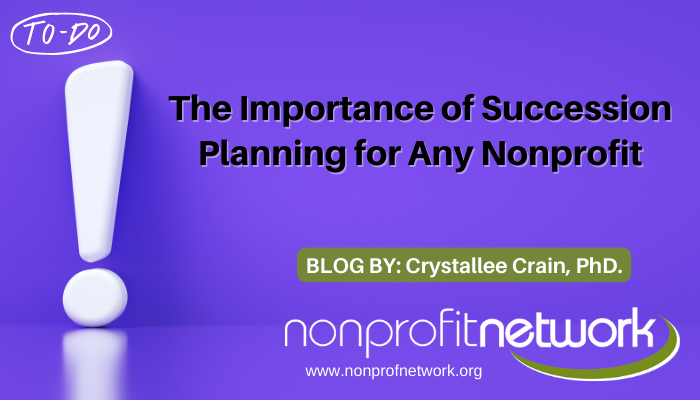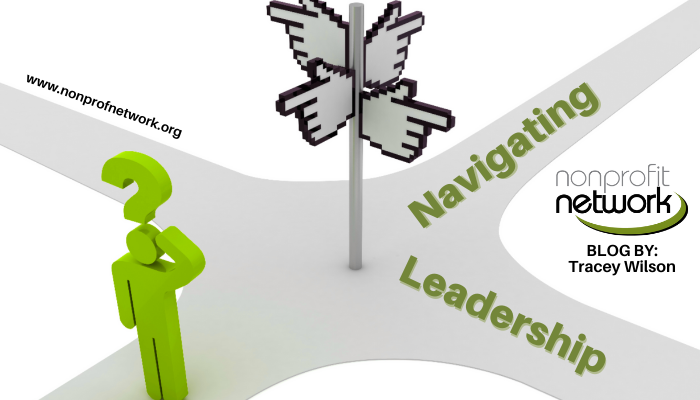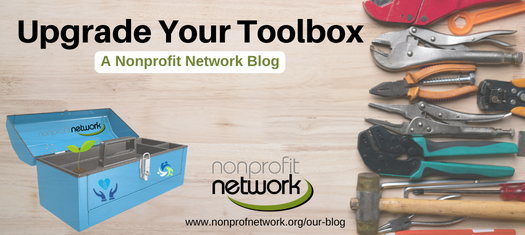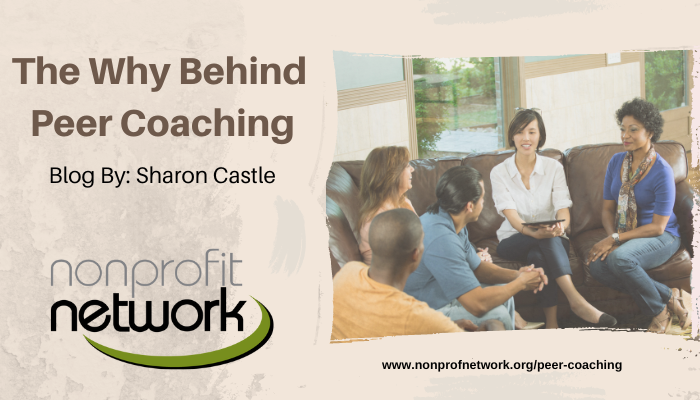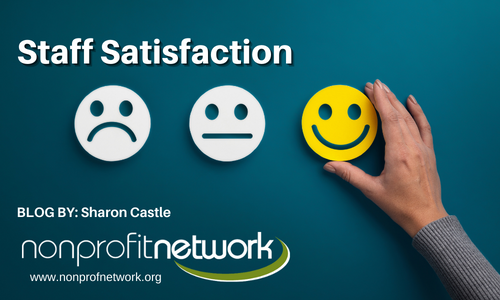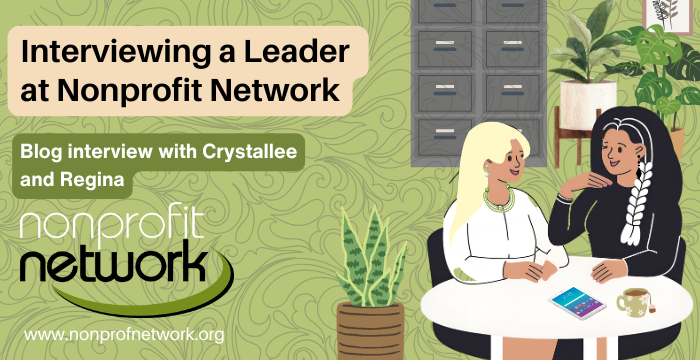
Meet our Visionaries Behind the Mission: Crystallee Crain and Regina Pinney
In this special blog interview we're excited to spotlight two of our changemakers: Dr. Crystallee Crain, Director of Nonprofit Impact Consulting, and Regina Pinney, Executive Director of Nonprofit Network.
Crystallee brings a dynamic blend of strategic insight, social justice advocacy, and deep-rooted community engagement to her work. Regina, a seasoned nonprofit leader that has been a steadfast force in helping mission-driven organizations thrive.
In this blog series interview, Crystallee interviews Regina on how Nonprofit Network empowers leaders to create lasting community change. By providing tailored support and addressing each organization's unique challenges, Nonprofit Network helps nonprofit leaders and teams thrive. This conversation highlights the importance of listening, understanding core issues, and building sustainable strategies for long-term success.




